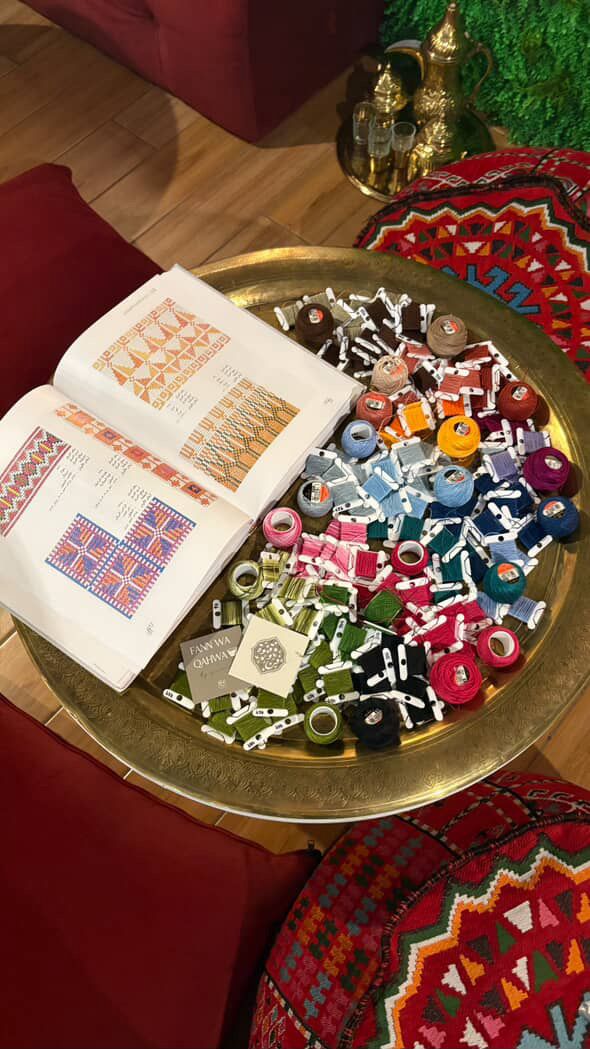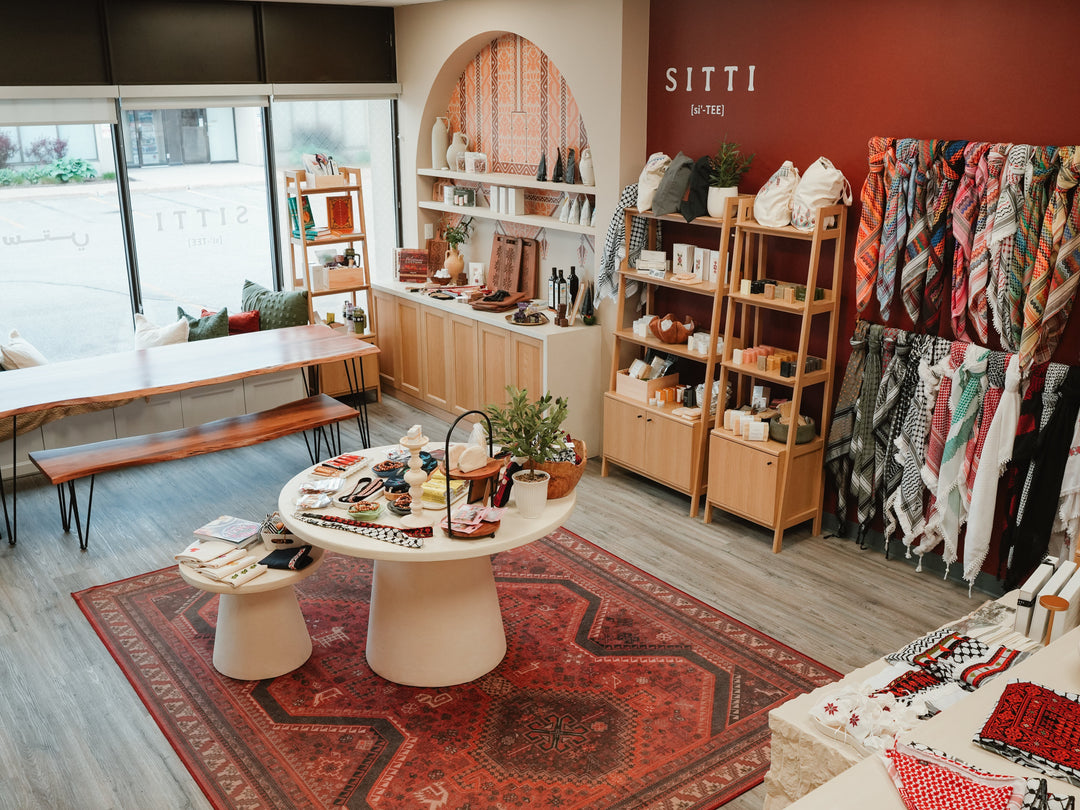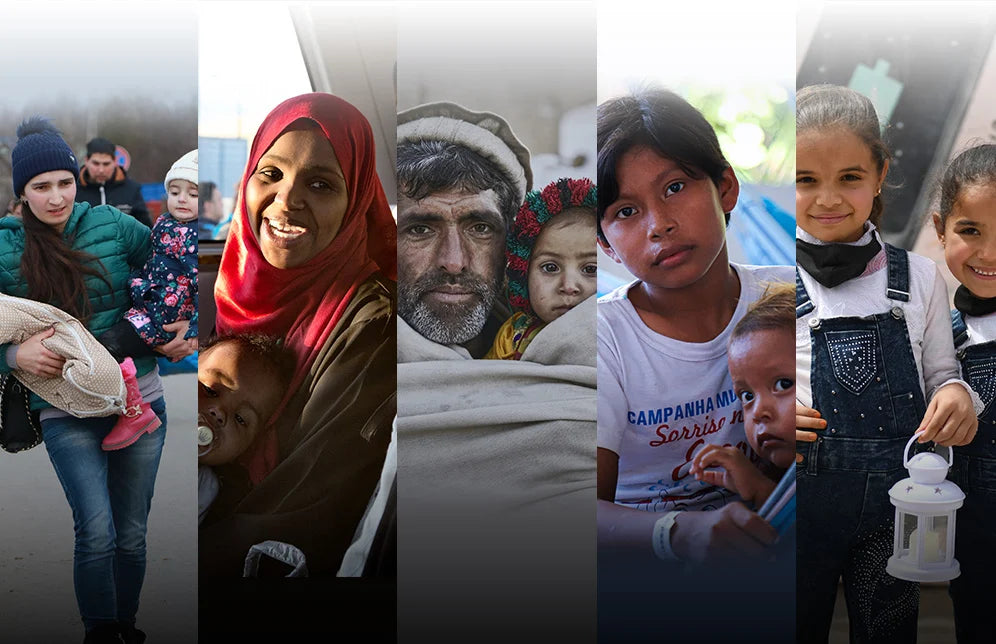Embracing Our Rituals (Part 1) - Kohl

2020, the year of the COVID-19 pandemic and multiple tragedies worldwide, undoubtedly left us feeling distraught and uncertain about our futures in this new year. With ongoing lockdown restrictions, feelings of unpredictability and emptiness can take over. However, one thing our team has noticed is that we continue to perform personal rituals. Why? Rituals keep us connected to the world we used to know. Maybe it's the coffee we make every morning. Maybe it’s the makeup we put on at home before walking to our office, even though it’s just one room over from our bedroom. And if you are an essential worker heading out the door, maybe that eyeliner is still part of your morning routine, because...why not? People may not see your smile, but they can still see your eyes. During times of hardships, uncertainty, and feeling detached, our rituals help keep us connected to our true selves and allow us to find the stability we seek. Mainly, they keep us hopeful.
These emotions are heightened within the Palestinian refugee community as these communities not only suffer from economic instabilities but also struggle to express their sense of identity. It is indeed their cultural traditions within their daily lives that then reassure and remind them of a more prosperous past and a hopeful future.
 Photos by Sanad Abu Latifa
Photos by Sanad Abu Latifa
Palestinian refugee women have experienced more than their fair share of generational trauma. In times of turmoil, they find tranquility in their heritage and the rituals they inherit. For some women, it is the art of making kohl, a traditional eyeliner that keeps them connected to their past and allows them to express themselves.
 Photos by Sanad Abu Latifa
Photos by Sanad Abu Latifa
Amna is a member of the Sitti team in Jerash Camp. Growing up, she learned about the traditions of her Palestinian ancestors through her grandmother. Amna would sit across the warm fire and watch her grandmother soak a piece of pure fabric in olive oil. “I watched her carefully as she made kohl by burning olive oil and natural cloth together in a large iron skillet until they ended up turning into a black crust that she scraped off with a metal spoon from the pan's surface. Then she would put this black ash, kohl, into little decorated bottles called makahel.
As the fire burned, Amna’s grandmother would remind her of the heritage embodied in the authentic eyeliner. Historically, Palestinian women considered other forms of makeup forbidden due to religious reasons. However, they believed kohl to be sacred and emphasised the eyes being the center of attention. In Palestinian culture, the rich black soot does more than define one’s eyes; kohl is believed to have healing properties such as protecting the eyes from germs and infections, relieving puffiness, and reducing redness.
The rituals surrounding kohl could be interpreted as protecting one’s heritage. Alongside being a reminder of a time when things were more peaceful and free, Kohl is just one of the many rituals they practice to show care for their culture and community. Amna had told us that her grandmother “was a strong woman who adhered to her roots, originality, and traditions” and as the art of making kohl is passed down from older generations, it represents a piece of a rich Palestinian history which some like Amna did not get to experience fully.
 Photos by Sanad Abu Latifa
Photos by Sanad Abu Latifa
In this new normal, we are left nostalgic and yet, resilient as we have begun to practice our own rituals to adapt to the new reality of the pandemic. By continuing to perform our normal life routines, we have managed to find reassurance in the little things we used to overlook.
If you haven’t found those rituals yet, we encourage you to do so. Even with things like vaccinations on the horizon and the prospect of leaving our homes again, life will continue to surprise us. It will put things in our path that seem insurmountable. Find your ritual. Practice it. It will serve you well.
This post is part of a series on rituals practiced in the Palestinian refugee community where we work and live. Please keep an eye out for future posts in this series. Also, check out our Instagram page for more conversations and inspiration around this topic.
Disclaimer: At this time, we do not promote the use of any commercially-sold kohl products or products that claim to be “kohl,” due to the fact that they may contain unsafe metals or additives.





Leave a comment